It was a few years ago when Where the Water Tastes Like Wine (henceforth “Wine”) launched on PC and struggled to make an impact sales-wise. We know this because one of the game’s developers spoke candidly on the subject in what he called a postmortem for the game.
That blog post picked up more steam than he expected and it led to a valuable discussion about indie games, their intentions, and their appeal in a flooded market.
After almost two years, Wine is reborn for other platforms and playing it for the first time since PAX West 2017, I can see why it struggled. Wine is an acquired taste, but for the right audience, it’s a unique and fascinating approach to storytelling in games.
And the Road Leads to Nowhere
One of the best parts about Where the Water Tastes Like Wine is its slant toward the strange and even supernatural, and it’s a slant that only gets steeper as it goes on.
After losing a card game to a devil-like character with a wolf for a head, you’re cast out into the United States during the Great Depression. Your task is a strange one: travel the country and collect stories to earn your life back. Setting out as a hitchhiking skeleton, you do just that.
Treated as valuable currency, stories are diverse and ever-shifting. It’s a point of the game to make frequent stops and encounter plenty of people on your travels. Everyone has a story to tell, and amassing them means easier travels later. The game has 16 central characters, each of them written by different contributors from the indie scene, so they each carry their own tone.
It’s vital to gather stories from a wide number of sources as you travel across the overworld map of the U.S. because these main characters will seek particular kinds of tales. Some want scary stories, while others may want tales of love, or death, or the future, and so on.
Each minor encounter can equip you with more tales to win over the trust of the major characters, and so it’s their stories you’ll ultimately need to “win.”
The term win goes in quotes because Wine isn’t really a game concerned with winning — and nor should it be. It’s an experiential — and experimental — game that fits right in with the modern adventure genre. For the most part, you’ll simply walk and talk. That’s not to say it’s a game on autopilot. There are choices to make, fatigue and budget constraints to manage, and plenty of ways to succeed or fail. There’s always a challenge ahead.
And the Castle Stays the Same
There’s a process to engage, and some of the best parts come in your failures, like when you can’t trade the right kind of story so you head back out onto the road in search of more experiences. Stories you tell will often grow to legends, and you’ll hear them come back around to you, morphed into something larger than life, the way real folktales do.
Above the supernatural element, my absolute favorite part of Where the Water Tastes Like Wine is its eclectic array of stories. With so many writers contributing and so many genres to touch on, every encounter feels special and truly gripping, from bootlegger shootouts to tales of lost love and anything in between. It captures the bleak spirit of Depression-era America in such an authentic way, that it’s difficult if not impossible to move through its dusty roads emotionlessly.
This experience is aided by the game’s sketchbook-like art and ranging soundtrack, which just evokes a sort of melancholy throughout even the brightest tales. Where the Water Tastes Like Wine often feels like a time machine to a very sad state of affairs.
There’s also a subtle gameplay loop in the way you budget your time and money, and in how to choose to move across the massive overworld. Stories are all over, so any direction is sort of the right one, but as the game goes on, you’ll be in search of very specific people or genres, and it’s an experience no game has ever even come close to trying.
Wait for the Rain
It’s several spots removed from being a text adventure, but it’s in that family tree, and the developers must by now understand that it’s also not a game with mass appeal despite an elaborate soundtrack, a unique premise, and a star-studded cast of voice actors including Melissa Hutchinson, Dave Fennoy, Sissy Jones, and more.
For those reasons, Wine feels like an acquired taste. It’s a very sad, very slow burn, which I tend to love.
Its focus on folk music and folklore puts me right in the time and place it’s going for, but I don’t envision Where the Water Tastes Like Wine as ever being more than niche. Still, for the right kind of player who appreciates story and doesn’t mind a game that drags its feet scene by scene, it is unique to anything else you’ve seen. Maybe that speaks to the inherent risk in such a game, but there’s plenty of reward here too.
Pros
- Captures the bleakness of a particular setting magnificently thanks to great art and sound design
- Varied and numerous stories keep you wanting to push on
- Great voice acting from a cast of video games’ best
Cons
- Can sometimes feel too dreary to play
- Extremely slow pace for a long time will surely drive some away early
Where the Water Tastes Like Wine reveals its intent in its long title. Everyone you meet is searching for something special in its bleak world, and it’s a unique gameplay premise to be asked to find out what that is from so many different characters.
The mythical wine-flavored water seems like a symbol for the American Dream, and more often than not the game chooses to snuff the flames of anyone who lights a candle in celebration of that ideal. For that reason, Wine makes for a niche and often depressing story that many will walk away from before they see much of it. But it remains well worth the effort for anyone who can stomach its sadness.
[Note: A copy of the Where the Water Tastes Like Wine was provided by the publisher for this review.]

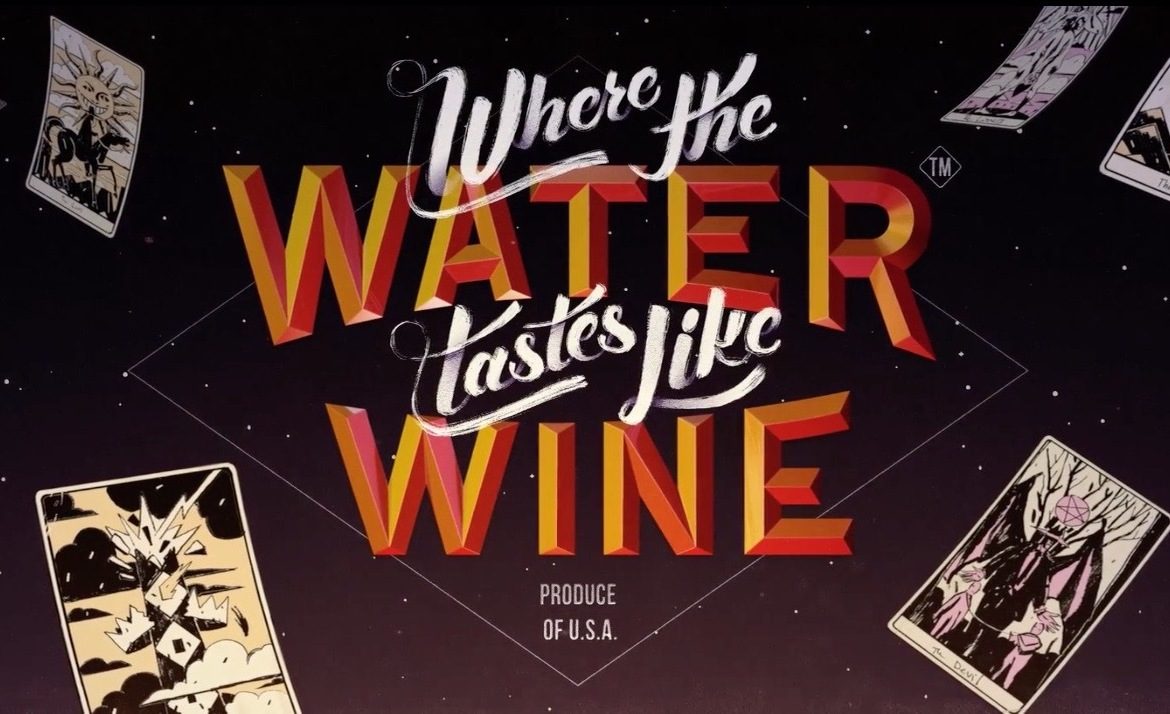
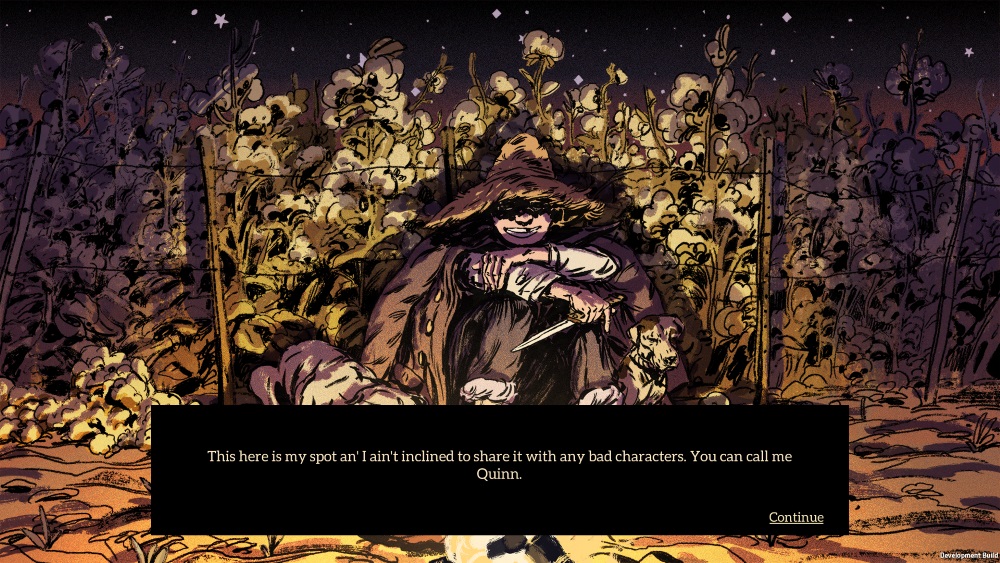
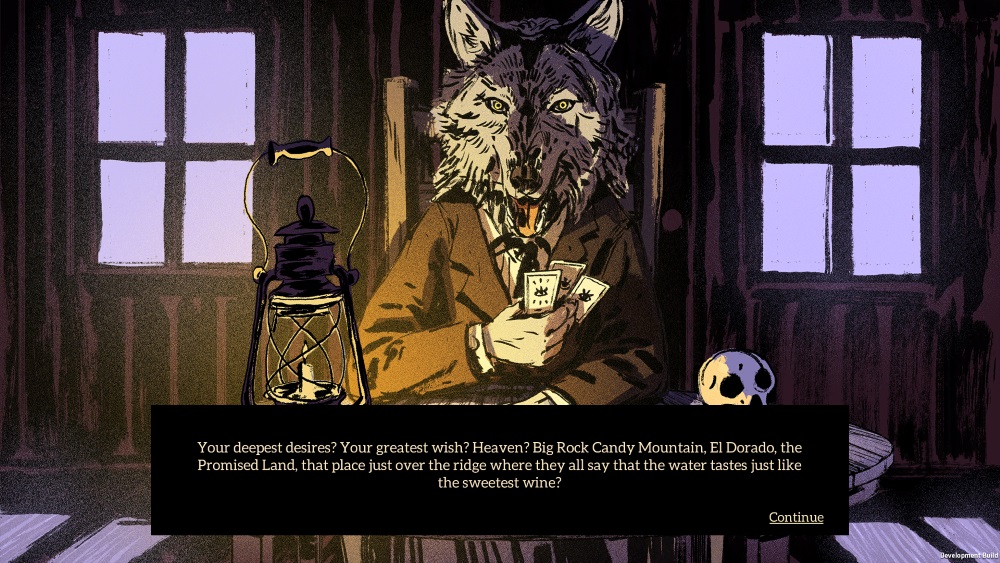





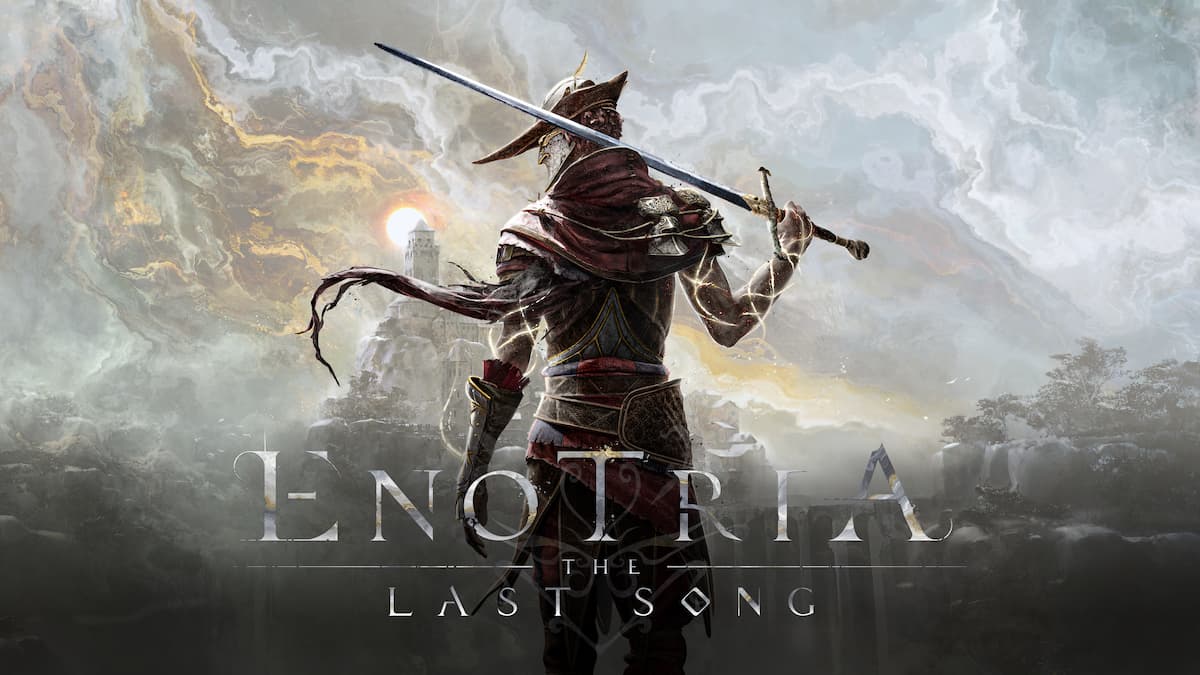
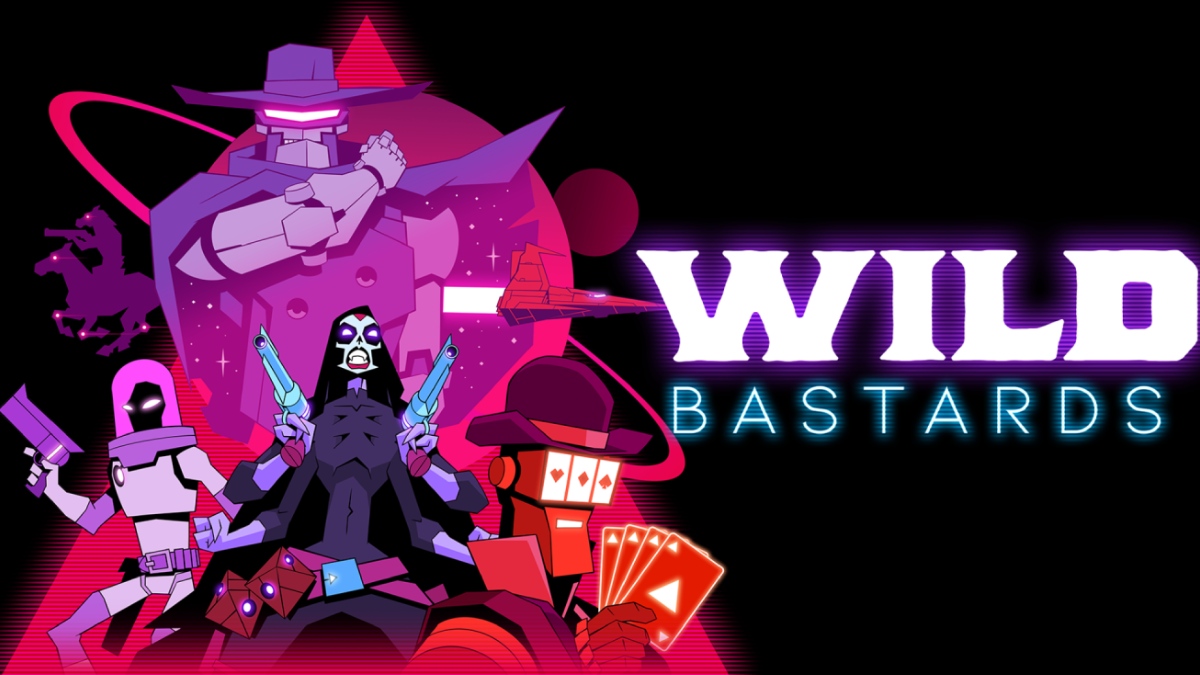

Published: Nov 28, 2019 09:15 pm